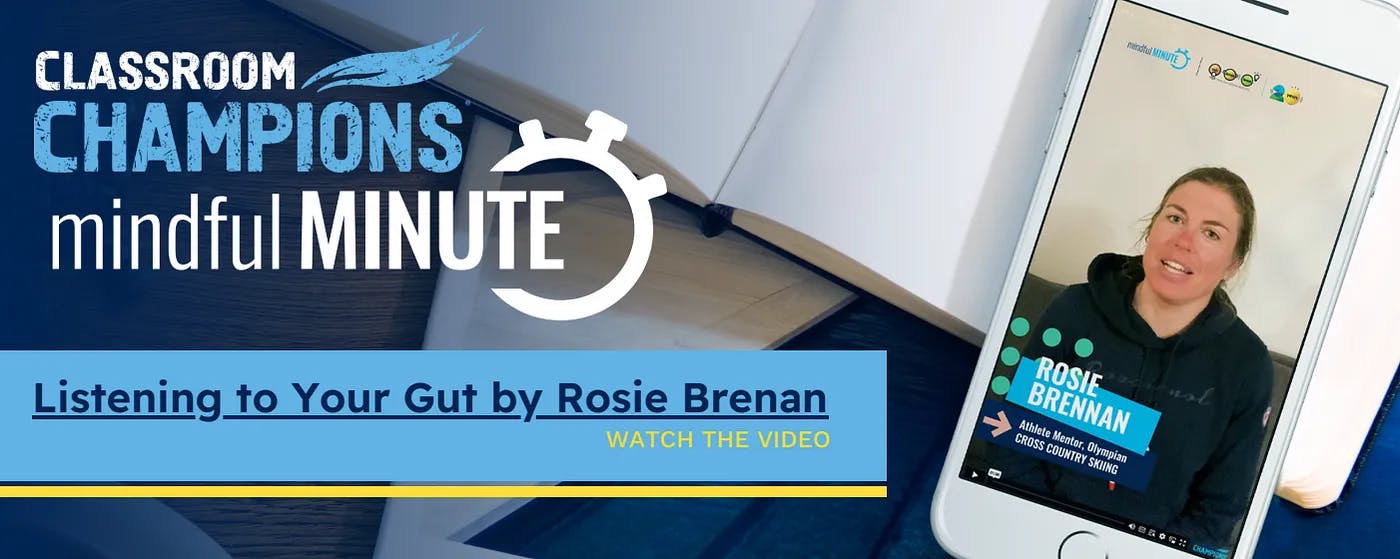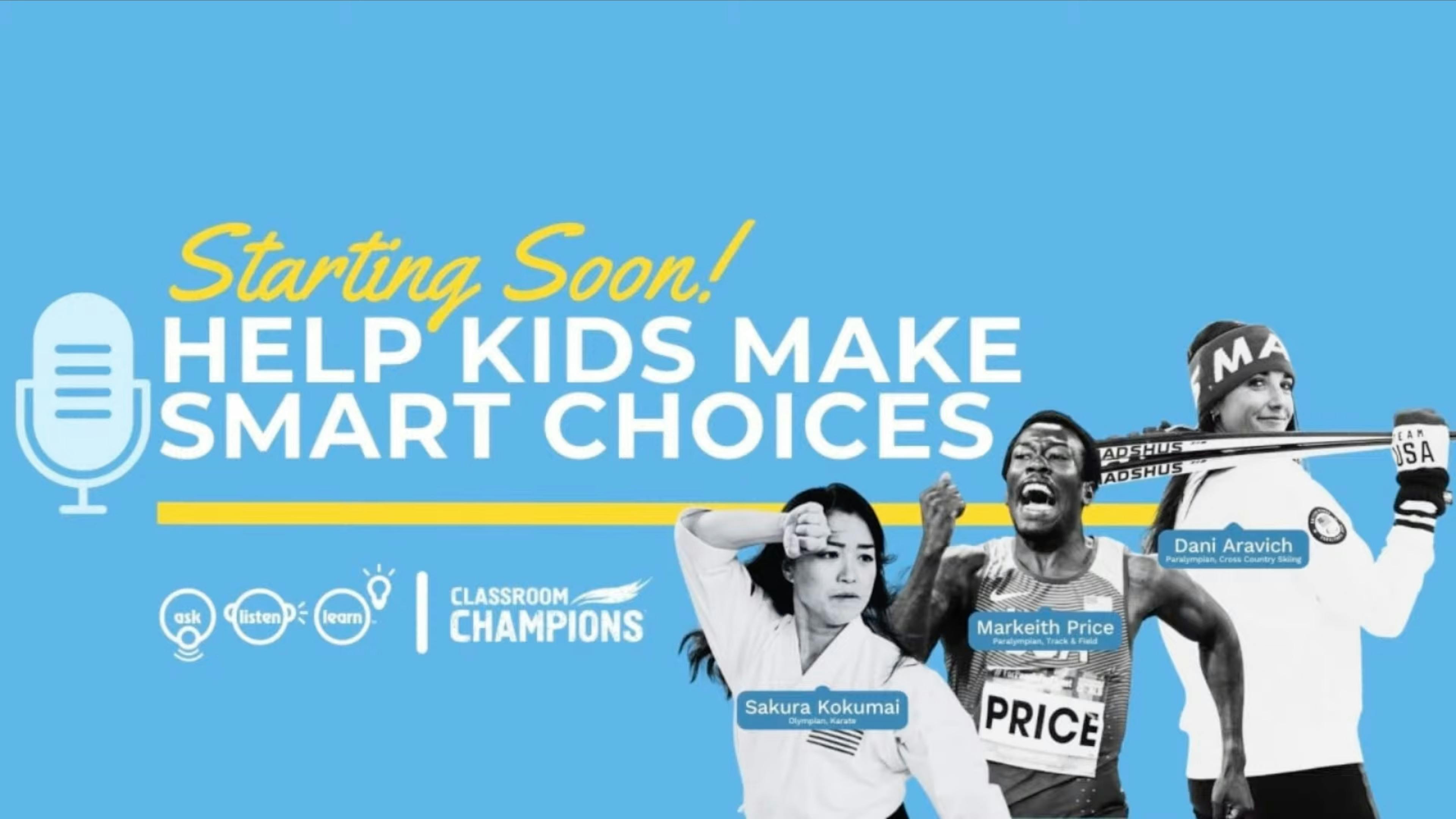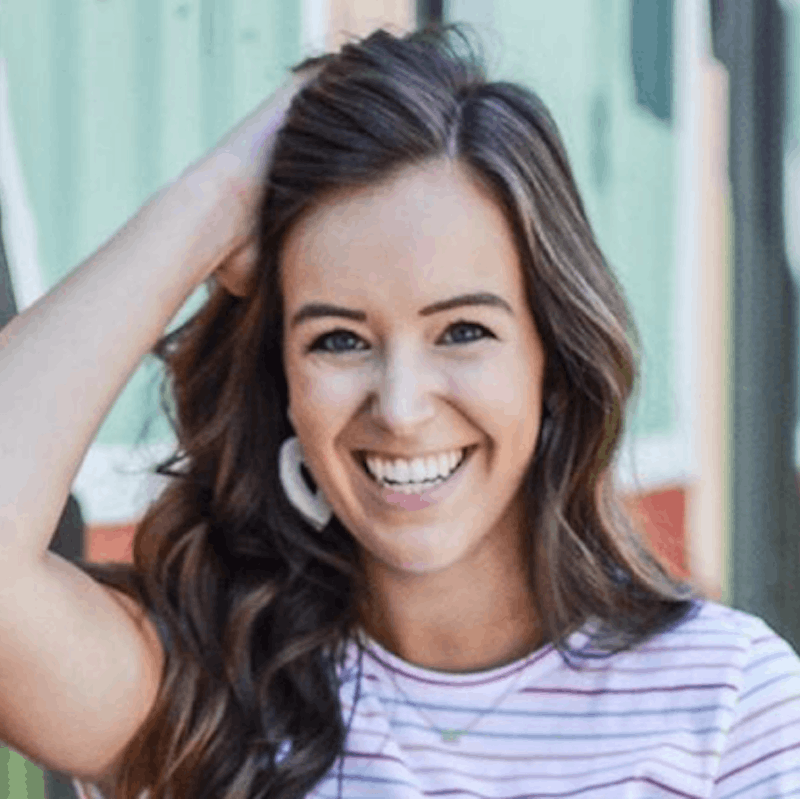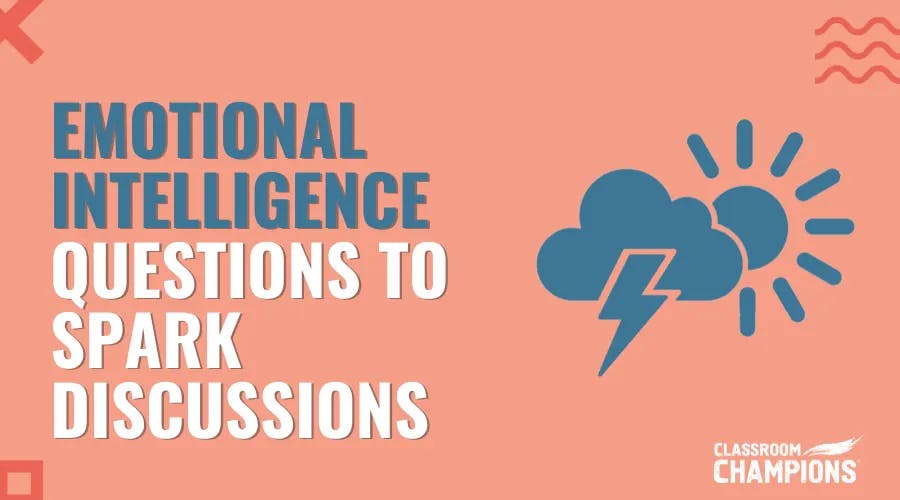Classroom Champions hosted another inspiring Town Hall Event sponsored by Responsibility.org on the link between a clutter-free environment and peak mental performance. Two key speakers were featured during this event, Erin Hildreth, Vice President of Communications at Responsibility.org and Rachel Rosenthal, professional organizing expert who has worked with more than 8,000 clients and has been featured in more than 100 publications, including HGTV, Better Homes & Gardens, and Martha Stewart.Through practical tips and insights, Classroom Champions teachers and Athlete Mentors learned how to create spaces that foster clarity, creativity, and confidence in and out of the classroom and the field.Classroom Champions Town Halls are a chance for the Classroom Champions Community to come together and spend time with athletes that are living and breathing the Champion Mindset that we hope to instill in kids every day.Ready to join us and learn more? Read on for a glimpse into the insights learned at our Clear Spaces Town Hall and don’t miss our next Town Hall! Visit the Classroom Champions Community for more information.Responsible drinking and underage drinking prevention.Did you know research shows that parents are the number one influence on kids’ decisions to drink or not to drink alcohol? Educators play a large part in this as well. Our kids are listening, but are we listening to them?Erin Hildreth introduced Classroom Champions’ long-time partner Responsibility.org, a non-profit organization dedicated to promoting responsible alcohol consumption and preventing underage drinking. Highlighting April as Alcohol Responsibility Month, with the theme “Good Friends, Good Times, Good Choices,” Erin emphasized the importance of making mindful decisions when it comes to alcohol.Erin shared encouraging statistics showing that underage drinking rates are at their lowest, which is a testament to the effectiveness of ongoing prevention efforts. More than 6 out of 10 teens report they have never consumed alcohol. This number has decreased 55% proportionally from 1991 to 2023. We, as adults, can continue these efforts by setting a positive example by consuming alcohol responsibly.Ask, Listen, Learn: Kids and Alcohol Don’t Mix

Navigate a conversation around preventing underage drinking in your classroom or home with facts at your fingertips. Check out the comprehensive video series and lesson plans at AskListenLearn.org.Download materials, videos, discussion prompts, and lesson guides for:

Decluttering and Organizing Your Space: The Five Step ProcessAfter Erin, we heard from Rachel Rosenthal, an expert in organizing your home, your office, and your life. Rachel shared her 5 step process for organizing, which is a process you can apply to any space you care about.

1. Release the grip of perfectionism and embrace your own reality.What’s the difference between being neat and being organized? To Rachel, organization means having designated places for everything, while neatness suggests that nothing ever strays from its place.While it’s fully possible to maintain organization, perpetual neatness can be a challenge, especially in spaces where we live and work. In the realm of organization, perfectionism finds no home except perhaps in recognizing that the journey towards organization is inherently imperfect and beautifully messy.2. Declutter your space to help you overcome emotional obstacles.There’s a true cost to holding on to things you no longer use, love, or fit your needs or lifestyle. This cost could be physical, like an actual expense to storing something, or visual, like creating clutter.Clutter comes in many forms, and physical clutter often leads to mental clutter, which can impact our daily lives and often our happiness. How happy and free do you feel when you walk into a clean space versus a messy and cluttered space?When you decide to sit down to declutter, consider the following questions.
- Have I used this item in the last year?
- Do I love this item and use it often?
- What is the cost of storing this item?
- Start small and start in one place.
- Allow plenty of time — the garage you haven’t touched in 10 years will take more than one Saturday to declutter and organize.
- Be creative when looking for additional space — look up vertically on walls, look behind the doors, and under beds.
- Make organization a habit — set aside a small window of time each day or each week to put things back that have fallen out of place.




